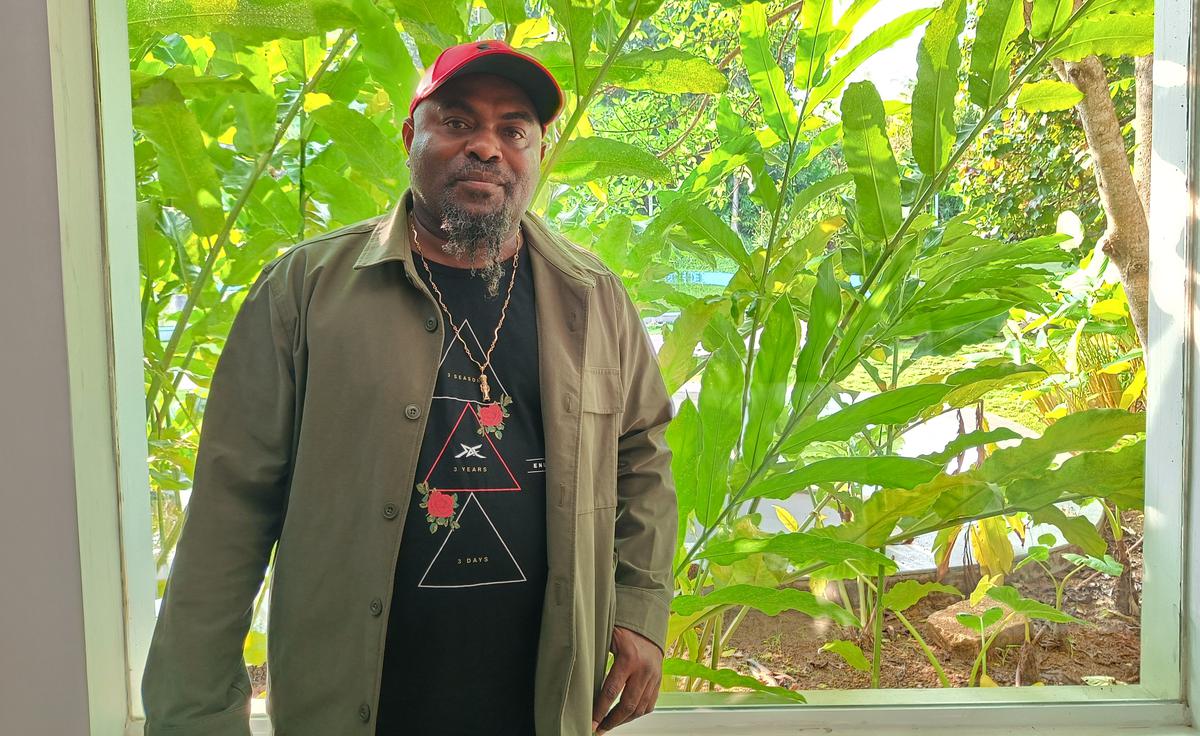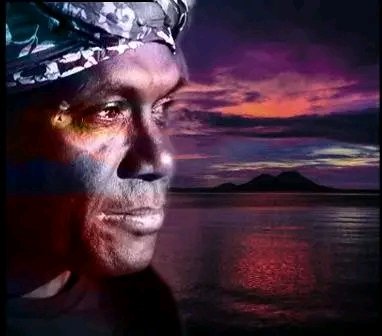The court case involving the singer Jason Suisui, professionally known as Jayrex, and Hazel Schulz has gained prominence, now under the spotlight of the Human Rights Court. Surprisingly, the Papua New Guinea (PNG) Office of Censorship has recently enforced a temporary prohibition on all compositions by the esteemed local artist Jayrex Suisui. T
his includes his renowned tracks like "Wari Nating," a collaboration with Jahviie and Ezzy Young, the captivating "Meri Morobe" performed live at The Club Cabana, and the soulful "Tears" featuring Cammy B at The Ralum Club. This decision has reverberated across the nation's music realm, sparking discussions on artistic freedom and the censorship's role in nurturing PNG's music scene.
Jayrex Suisui, celebrated for his shows and innovative fusion of modern and traditional melodies, has garnered a substantial fan base within PNG and the broader Pacific and Melanesian regions. Nonetheless, the recent suspension of his tracks is viewed as a significant setback for both the artist and the entire music industry in PNG and New Ireland.
It is noteworthy that the ban has been subsequently lifted as the legal proceedings involving Jason Suisui, aka Jayrex, and Hazel Schulz have reached the Human Rights Court.
Leave a comment below and say what you think about the continuous ban on the individual artist and their songs in PNG.
PNG Music Fans Views
PNG Music Fans argue that this temporary ban is an unjust restriction on artistic expression, and it comes as a disappointment to fans who have enjoyed Jayrex's music.
Songs like "Kaliku," performed live on stage, and "Buaigu" from the "Ineffable Album Vol. 1" have garnered thousands of views and provided a platform for Jayrex to showcase his talent and cultural heritage.
What PNG Office of Censorship Board Should Do
Moreover, the timing of this ban raises questions about the priorities of the Office of Censorship. Rather than targeting struggling individual PNG musicians and their songs, the censorship board should be directing their attention to the pressing issue of the pirated music industry.
Piracy not only deprives artists like Jayrex Suisui of their rightful earnings but also undermines the growth and sustainability of the entire PNG music industry.
It is crucial to recognize the potential of Papua New Guinea's music scene in the Pacific and Melanesian region. Jayrex Suisui's music, such as "Solwara Meri" featuring Delukz, Toiix Mahn, and Mocking Jay, has the power to promote PNG music and culture globally.
Unfortunately, the temporary ban on his songs does more harm than good in achieving this goal.
Rather than hindering the work of struggling artists, the Office of Censorship should be actively supporting and nurturing the local music scene.
Initiatives to combat piracy, collaborations between musicians and industry professionals, and platforms for artists to showcase their talent are vital for the growth and recognition of PNG music.
Freedom of Expression
Freedom of expression is a fundamental human right that should be upheld in any democratic society.
Censorship, especially when applied without sufficient justification or due process, poses a threat to this cherished freedom.
The temporary ban on Jayrex Suisui's music serves as a stark reminder of the need for transparency and accountability within the Office of Censorship.
As discussions surrounding this ban continue, it is crucial for stakeholders in the music industry, artists, and concerned citizens to engage in dialogue with the Office of Censorship.
A balanced approach that respects artistic expression while addressing legitimate concerns such as piracy can contribute to the development of a thriving and vibrant music industry in Papua New Guinea.
Temporary ban on Jayrex Suisui's music
Ultimately, the Office of Censorship must recognize that the temporary ban on Jayrex Suisui's music is a setback for PNG music and freedom of expression.
It is imperative that they reevaluate their priorities, refocus their efforts on combating piracy, and actively support the growth and promotion of local musicians.
The rich musical heritage of Papua New Guinea deserves to be celebrated and shared with the world, and it is through collaboration, encouragement, and respect for artistic expression that this can be achieved.












